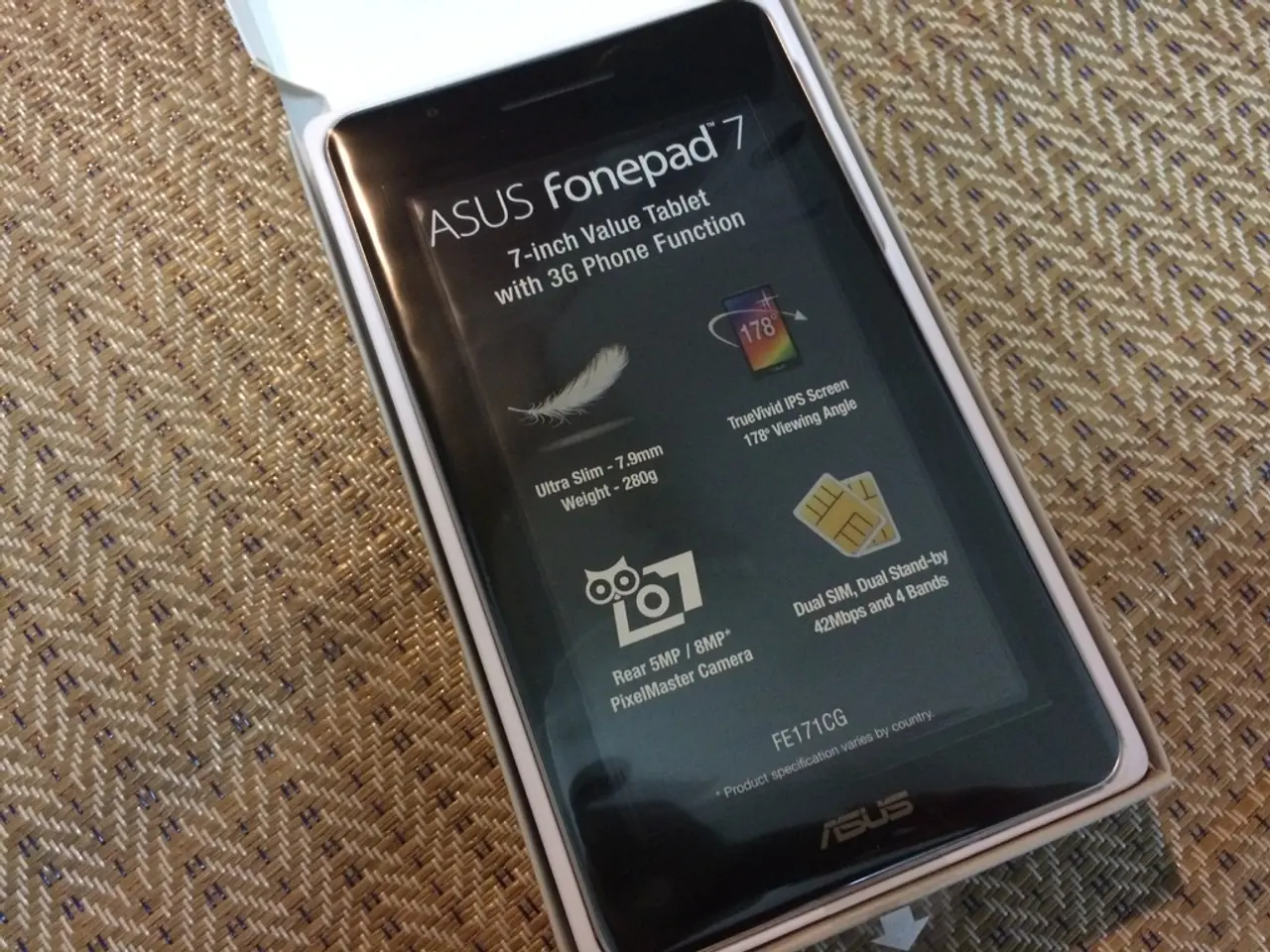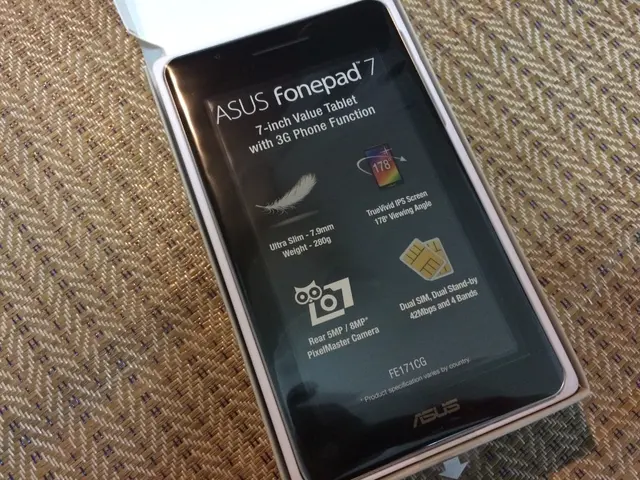De' Longhi discovered a means to elude U.S. tariffs, a development that may not sit well with President Trump.
In an unexpected turn of events, Italian company De'Longhi has announced the launch of its first foray into the tech world with the De'Longhi Computer. Far from a conventional computer, this device is marketed as the "world's first computer that makes coffee."
The De'Longhi Computer, while functioning as a computer, has been priced $150 less than a similar coffee machine. This strategic move seems to be an attempt to leverage U.S. tariff classifications, reclassifying the product as a computer rather than a kitchen appliance.
The promotional language emphasizes the tariff advantages, suggesting a focus on regulatory and marketing strategy rather than a traditional market entry campaign. There is no clear evidence of a broad, physical retail presence or long-term service infrastructure being established in the U.S.
The release of the De'Longhi Computer can be seen as a PR stunt or strategic positioning aimed at optimizing tariff benefits in the American market. The novelty of the product is expected to resonate as a promotional event in Europe and other regions.
The postponement of the tariff deadline, initially set for August 12, to mid-November, demonstrates the unpredictability of U.S. trade policy under President Donald Trump. Trump's decisions on tariffs are known to change without prior notice, creating uncertainty for businesses and investors.
This tariff extension follows talks between U.S. and Chinese trade representatives that took place in Stockholm at the end of July. After the first meeting of negotiators in Geneva in May, both sides agreed to suspend most tariffs. However, China imposed its own tariffs of 125% on American goods in response.
The US has since reduced its tariffs to 30%, and China to 10%. Trump has promised that smartphones and computers imported into the U.S. will not be subject to tariffs.
The De'Longhi Computer's internal components remain unchanged, with the company simply replacing the sticker on the packaging. The device offers over 16 pre-installed programs and a "smart input recognition system."
The De'Longhi Computer was first noticed by the Telegram channel Wylsacom Red, raising questions about the wisdom of such an approach. However, the strategic positioning of the product appears to be a calculated move to navigate the complexities of U.S. tariff policies.
In conclusion, the release of the De'Longhi Computer represents a unique blend of a genuine product launch and a calculated PR/market strategy to optimize tariff benefits in the American market.
The release of the De'Longhi Computer can be interpreted as a blend of a genuine tech innovation and a strategic maneuver in the realm of politics, as it attempts to exploit the complexities of U.S. tariff policies. This product's novelty, likely to make waves in Europe and beyond, may also serve as a general-news topic for discussions on trade and technology intersecting with politics.




